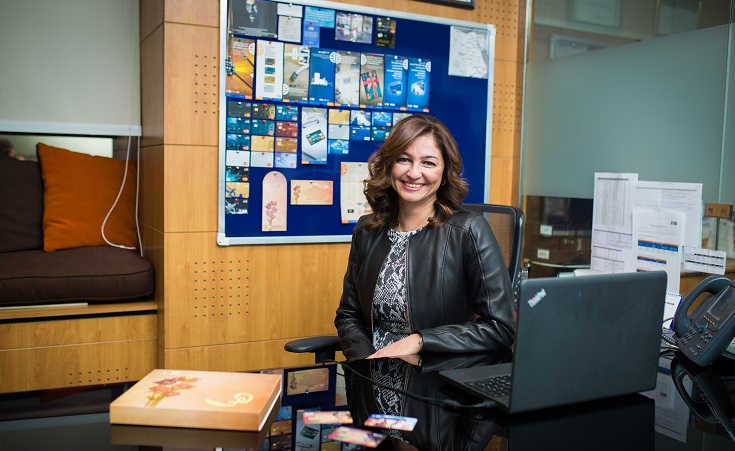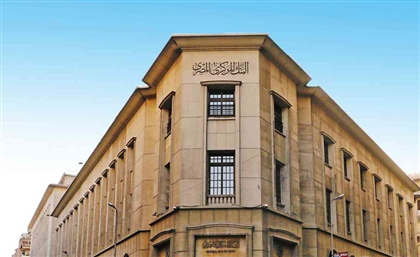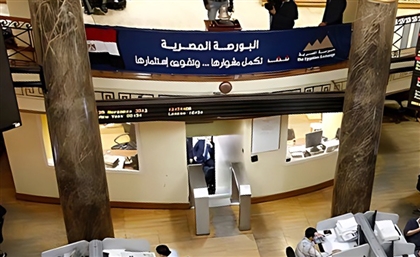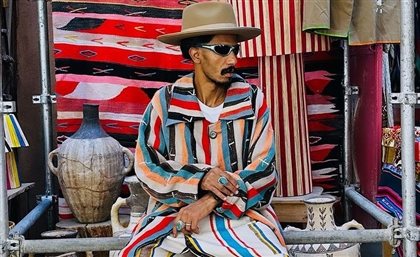Egypt's Only Women's Credit Card and the Rise of Feminist Economics
As more and more Egyptian women join the workforce, their buying power becomes the driving force behind entire sectors. CIB was the first financial institution to acknowledge women's banking needs, slowly paving the way for an economy where female empowerment is profitable.

A 2014 survey by the International Labour Organisation (ILO) found that women aged 15 and older constitute 23.8% of Egypt’s work force. This rate has been on an upward trajectory since 2007, but with the country’s economy geared towards a more liberal market and the government spearheading programs aimed at integrating more women into Egypt’s labour force, female economics are gaining momentum.
In a country where men dominate almost all spheres of life, women are driving entire sectors and industries forward. The magnitude of women’s economic power lies in their spending because a higher employment rate among women means more buying power for the demographic. Companies actually have to sway them in their advertisements and financial institutions have to gain their trust, they have to acknowledge them if they are to survive and maintain profitability.
The interesting thing to note here, however, is that up until very recently, no financial products or services had been designed with a woman in mind – an oversight that may have cost Egypt’s banking sector millions.
It wasn’t until 2003, when CIB (Commercial International Bank), Egypt’s largest private bank, introduced Heya, the country’s first women’s credit card, that women were acknowledged by the banking sector. “CIB was the first mover in the market to launch a unique credit card targeting only women,” says CIB Head of Cards Business Omnia Mostafa. First introduced in 2003 then discontinued, the credit card is making a comeback. “The Heya re-launch comes as a part of CIB’s strategic direction to recognize and empower women, as well as play a key role in the launch of the new women's segment, planned for 2017, in which we will offer a uniquely designed bouquet of financial products and services,” Omnia says.
First introduced in 2003 then discontinued, the credit card is making a comeback. “The Heya re-launch comes as a part of CIB’s strategic direction to recognize and empower women, as well as play a key role in the launch of the new women's segment, planned for 2017, in which we will offer a uniquely designed bouquet of financial products and services,” Omnia says.
When the country’s largest private bank – whose stock also happens to be among the best performing on Egypt’s financial markets – goes pink, you know they are on to something. “Women are spenders by nature. This is evident in the performance of the Heya credit card when compared to other credit card types in the market,” Omnia explains.
Breaking out into the scene anew with a lavish re-launch ceremony featuring the Okhtein duo, Amani Khalil, and Noha Fekri, Heya is generating buzz not just for being an innovative financial product, but also because it brings so much to the table in terms of personal banking as a package of financial services, all tailor-made for women. “It covers so many areas of personal spending; you get to save money while shopping, get rewarded with 2 Bonus points for every 1 L.E. spent and the freedom to redeem in a shopping category of your choice, as well as special privileges in arranging travel logistics and accessing VIP lounges in selected airports. Plus, your credit is insured and you can control and track your spending through online banking and authorisation SMS,” Omnia elaborates. “In addition to exclusive discounts and benefits customised only for women.”
Another brilliant advantage is the credit card's design, which comes in 3 different artworks, all depicting strong and modern female figures such as style icon and silver screen legend Madiha Yousry and Queen Farida.
Niceties aside, however, the real perks are the policies behind Heya, like how easy it is to obtain one, for example! "Any woman above the age of 21 can apply for the card by completing a CIB credit card application and selecting the Heya card design of her choice," Omnia says. "Basic documents will be required from employed women, whereas unemployed ones will have to issue a secured card."
Aside from catering to an actual palpable need, Heya serves an even bigger purpose; forging this economic cycle driven mostly by women. One where they are acknowledged and their preferences, desires and choices dictate everything, one that trickles down to other areas, rewiring Egypt’s microeconomics such that female empowerment is profitable. “In our evolving economy, where more and more women are becoming financially independent, CIB gives them the means to be in control of their finances,” Omnia explains. “This is empowerment in its simplest form.”
*The contents of this article are sponsored.
- Previous Article Dr.Sisilove or How (Not) To Diffuse A Bomb
- Next Article Indian Hospital Builds A New Facility to Treat 500 KG Egyptian Woman
Trending This Week
-
Apr 13, 2024
























